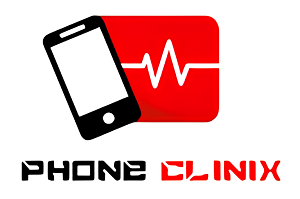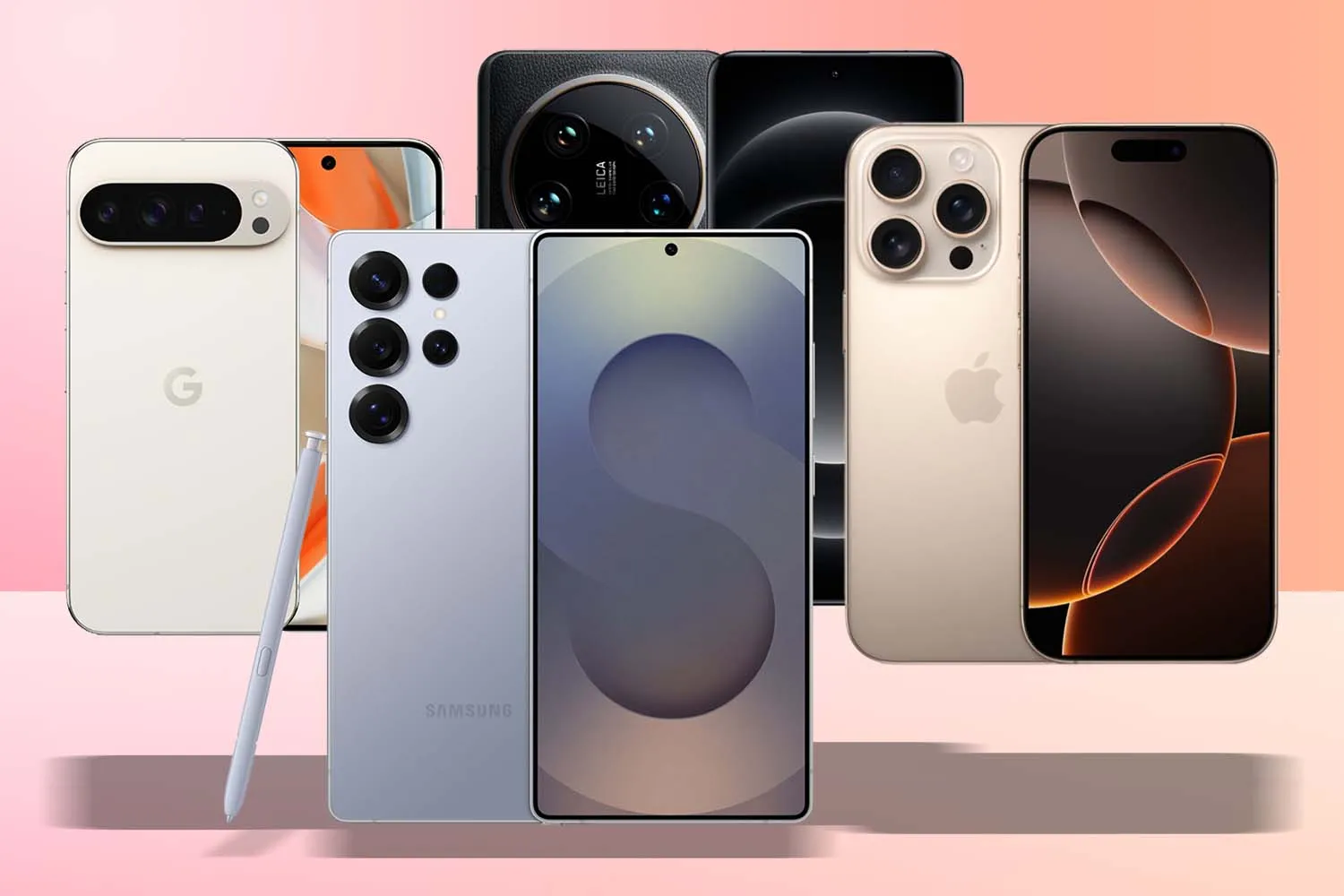In today’s digital world, mobile phones are more than just communication devices. They are personal assistants, entertainment hubs, banking platforms, and social lifelines—all in one. With such crucial roles, our smartphones house sensitive data that can make us easy targets for cybercriminals. That’s where the need for added security arises. One of the most effective yet overlooked tools for safeguarding your mobile data is a VPN (Virtual Private Network). But why should you use one? And how does it fit into the broader picture of smartphone security, including tools like phone diagnostic software? Let’s dig deeper.
What is a VPN?
A VPN, or Virtual Private Network, is a service that encrypts your internet connection and masks your IP address, allowing you to browse the web anonymously and securely. It creates a secure tunnel between your device and the internet, making it difficult for hackers, advertisers, or even your Internet Service Provider (ISP) to monitor your online activities.
When using public Wi-Fi networks—like those in cafes, airports, or libraries—your data is at risk of being intercepted. VPNs are especially useful in these scenarios because they prevent eavesdropping and protect your personal information.
Why Mobile Devices Are Vulnerable
Mobile phones have become prime targets for cyber threats. Unlike desktops or laptops, smartphones are often less protected, despite containing more personal data. Think about it—you use your phone for banking, shopping, emails, social media, and more. That’s a treasure trove for cybercriminals.
Moreover, mobile devices frequently connect to various public Wi-Fi networks, increasing their vulnerability. Many users don’t even realize their data is at risk when they browse or log into accounts over unsecured networks. This is why combining multiple layers of protection—like VPNs and phone diagnostic software—can offer robust security.
The Role of VPNs in Smartphone Security
Here are some key ways a VPN can help keep your phone secure:
1. Protection on Public Wi-Fi
Public Wi-Fi networks are breeding grounds for cyberattacks like “man-in-the-middle” attacks, where hackers intercept your data. A VPN encrypts your connection, ensuring your data remains private and secure, even on untrusted networks.
2. Data Privacy from ISPs and Apps
Your ISP can monitor your browsing habits and even sell that data to advertisers. Similarly, many apps track your location and online behavior. A VPN hides your IP address and browsing activity, making it harder for third parties to profile you.
3. Bypassing Geo-Restrictions and Censorship
A VPN lets you access content that might be restricted in your region by routing your connection through servers in other countries. While this is more about convenience than security, it does contribute to the broader goal of maintaining digital freedom.
4. Avoiding Price Discrimination
Some websites and apps display different prices for the same service based on your location. A VPN can help you avoid this by masking your IP address, letting you shop without biased pricing.
5. Preventing Tracking and Ads
VPNs prevent ad trackers from monitoring your online behavior. This minimizes intrusive ads and stops websites from building detailed profiles of your digital habits.
How VPNs Complement Phone Diagnostic Software
While a VPN primarily secures your internet connection, phone diagnostic software takes care of your device’s health from the inside. These tools scan your smartphone for performance issues, malware, app vulnerabilities, battery drain problems, and more.
Using both tools together ensures your phone is not only secure from external threats but also optimized internally. Here’s how they complement each other:
- Threat Detection: Phone diagnostic software can detect malware or suspicious app behavior. If such an app is leaking data, a VPN can stop that data from being intercepted.
- Performance Monitoring: VPNs use resources like CPU and RAM. Diagnostic tools help monitor the impact of a VPN on your phone’s performance and can optimize the device for smooth usage.
- Privacy Assurance: Some diagnostic apps also assess permission levels and privacy risks. VPNs reinforce this by adding a second layer of protection to your data traffic.
By using both phone diagnostic software and a VPN, you’re essentially covering all bases—external and internal security.
Choosing the Right VPN for Your Phone
Not all VPNs are created equal, and using a poorly designed VPN can sometimes do more harm than good. Here are a few things to consider when choosing a VPN for your smartphone:
- Encryption Protocols: Look for VPNs that offer strong encryption standards like AES-256.
- No-Log Policy: Ensure the VPN provider doesn’t store logs of your activity.
- Speed and Performance: Choose a VPN that doesn’t slow down your internet dramatically.
- Ease of Use: A simple, user-friendly interface is important for everyday users.
- Server Locations: The more global servers available, the better the experience for accessing content from different regions.
- Compatibility with Diagnostic Tools: Some VPNs conflict with system-level apps. Make sure your VPN works well alongside your phone diagnostic software.
Common Misconceptions About VPNs
Despite their usefulness, there are still many myths surrounding VPNs:
- “VPNs are only for hackers or illegal activities.”
Absolutely not. Everyday users benefit from VPNs just as much—if not more—because they’re often unaware of the risks they face. - “My phone has antivirus, so I don’t need a VPN.”
Antivirus protects against malware. VPNs protect your data in transit. You need both for complete protection. - “VPNs make phones slow and unusable.”
Quality VPN services offer optimized speeds and minimal lag, especially with dedicated mobile apps. - “Free VPNs are just as good.”
Many free VPNs log your data or show intrusive ads. Premium VPNs offer better security, speed, and customer support.
Final Thoughts
Securing your smartphone should be a top priority in an era where mobile threats are on the rise. Whether you’re a student, business owner, traveler, or average user, the risks are real and increasing. A VPN is a simple yet powerful tool to ensure that your online activity remains private and secure.
Paired with robust phone diagnostic software, you can ensure your phone is not only performing well but also protected from both internal and external threats. Think of it as having both a security guard and a personal doctor for your phone.
In a world where data is currency, and cyber threats are growing, staying proactive about smartphone security is not just a good idea—it’s essential. So if you haven’t already, consider installing a reliable VPN today. Your future self—and your data—will thank you.



